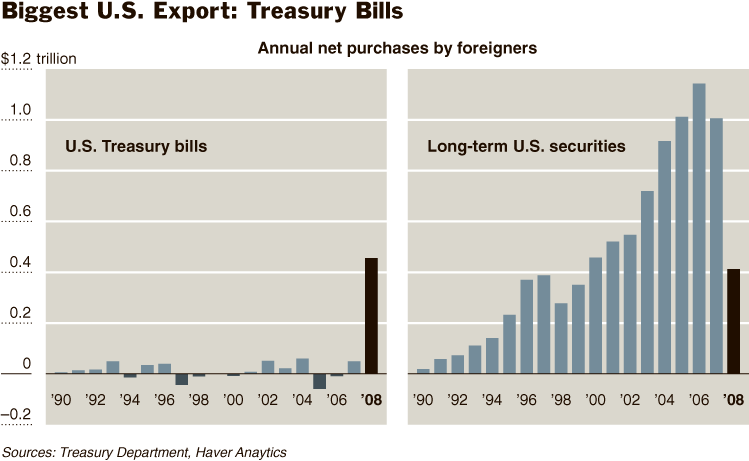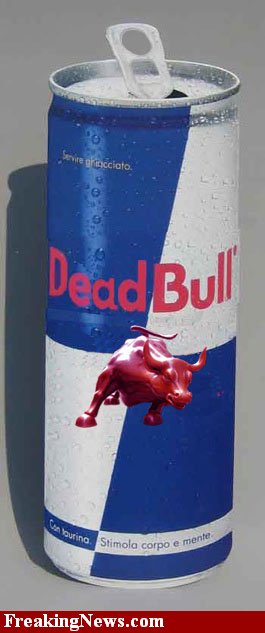Save your money is the message
Comments »NEW YORK (Reuters) – The United States cannot battle its economic crisis by simply trying to go back to its old ways of spending too much and saving too little, two Nobel prize-winning economists said on Friday.
Jeffrey Sachs, director of the Earth Institute at Columbia University in New York, said a $40 trillion loss in global wealth, a reflection of declines in stock prices and home values, would not easily be reversed.
“The scale and drama and rapidity is extraordinary,” Sachs said at a panel at Columbia. “We’re not likely to be sending demand and consumption back up. Fixing the banks is not really the key to unlocking the demand side.”
Joseph Stiglitz, a former chief economist of the International Monetary Fund and a professor at Columbia, said in a separate panel that the banking sector has shown itself to be a detriment to society rather than a positive driving force.
The world economy is in the grips of a crisis that shows few signs of abating, and which most analysts consider to be the most severe shock since the Great Depression of the 1930s.
Stiglitz said that, under the guise of innovation, banks discovered new ways of taking risks that brought few benefits to most people and are now threaten the entire global economy.
“They not only didn’t innovate, they actually resisted innovations that were important,” Stiglitz said. “It was heads I win, tails you lose. And you lost.”
He argued that talk of increasing transparency is actually an effort to divert attention from the real issue: financial complexity designed to pad profits and hide them from the eyes of regulators.
He suggested that, to date, efforts to simply pump money into banks have been a fool’s errand. “Think of what we could do if we had spent $700 billion in a new, good bank.”
Talk about moving toxic assets off bank balance sheets is also misguided, Stiglitz said. “Moving things around doesn’t actually create value.”
With this in mind, Sachs said that rather than trying glue back together a broken financial financial system, policy-makers should focus on a long-term vision that includes productive investments in transportation and energy infrastructure.
“We ought to be thinking about how to get the saving into future oriented development, not to recreate the bubble,” Sachs said.








